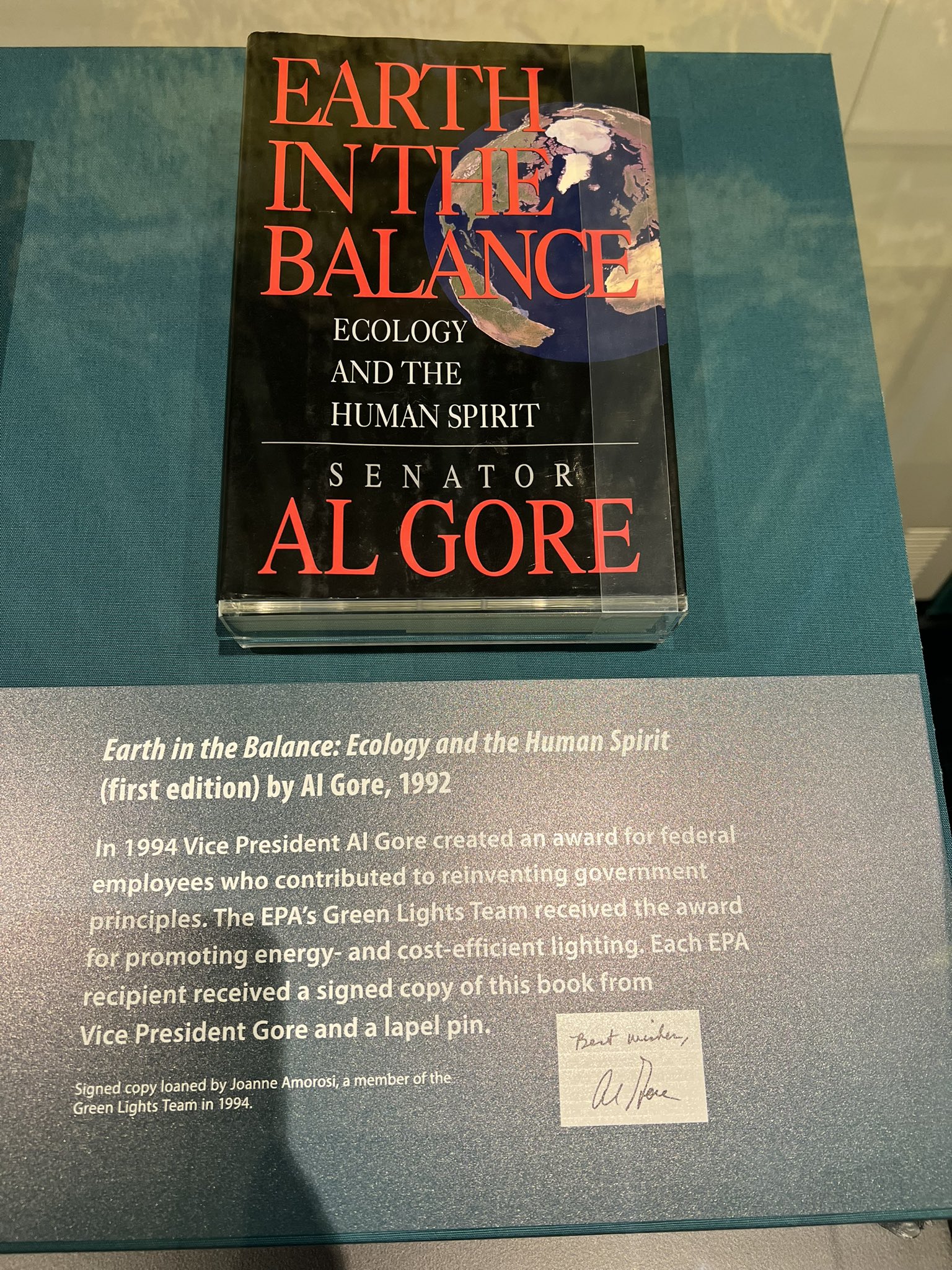With control of the White House and the Senate, Republicans are poised to upend U.S. climate policy.
Donald J. Trump will once again be president of the United States.
The Associated Press called the race for Trump early Wednesday morning, ending one of the costliest and most turbulent campaign cycles in the nation’s history. The results promise to upend U.S. climate policy: In addition to returning a climate denier to the White House, voters also gave Republicans control of the Senate, laying the groundwork for attacks on everything from electric vehicles to clean energy funding and bolstering support for the fossil fuel industry.
…
“We have more liquid gold than any country in the world,” Trump said during his victory speech, referring to domestic oil and gas potential. The CEO of the American Petroleum Institute issued a statement saying that “energy was on the ballot, and voters sent a clear signal that they want choices, not mandates.”
The election results rattled climate policy experts and environmental advocates. The president-elect has called climate change “a hoax” and during his most recent campaign vowed to expand fossil fuel production, roll back environmental regulations, and eliminate federal support for clean energy. He has also said he would scuttle the Inflation Reduction Act, or IRA, which is the largest investment in climate action in U.S. history and a landmark legislative win for the Biden administration. Such steps would add billions of tons of additional greenhouse gases to the atmosphere and hasten the looming impacts of climate change.
“This is a dark day,” Ben Jealous, the executive director of the Sierra Club, said in a statement. “Donald Trump was a disaster for climate progress during his first term, and everything he’s said and done since suggests he’s eager to do even more damage this time.”
…
During his first stint in office, Trump withdrew from the Paris Agreement, the 2016 international climate accord that guides the actions of more than 195 countries; rolled back 100-plus environmental rules; and opened the Arctic National Wildlife Refuge to drilling. While President Joe Biden reversed many of those actions and made fighting climate change a centerpiece of his presidency, Trump has pledged to undo those efforts during his second term with potentially enormous implications — climate analysts at Carbon Brief predicted that another four years of Trump would lead to the nation emitting an additional 4 billion metric tons of carbon dioxide than it would under his opponent. That’s on par with the combined annual emissions of the European Union and Japan.
…
While many House races remain too close to call, Republicans have taken control of the Senate. That said, any attempt to roll back the IRA may prove unpopular, because as much as $165 billion in the funding it provides is flowing to Republican districts.
Still, Trump can take unilateral steps to slow spending, and use federal regulatory powers to further hamper the rollout process. As Axios noted, “If Trump wants to shut off the IRA spigot, he’ll likely find ways to do it.” Looking beyond that seminal climate law, Trump has plenty of other levers he can also pull that will adversely affect the environment — efforts that will be easier with a conservative Supreme Court that has already undermined federal climate action.
…
Any climate chaos that Trump sows is sure to extend beyond the United States. The president-elect could attempt to once again abandon the Paris Agreement, undermining global efforts to address the crisis. His threat to use tariffs to protect U.S. companies and restore American manufacturing could upend energy markets. The vast majority of solar panels and electric vehicle batteries, for example, are made overseas and the prices of those imports, as well as other clean-energy technology, could soar. U.S. liquified natural gas producers worry that retaliatory tariffs could hamper their business.




